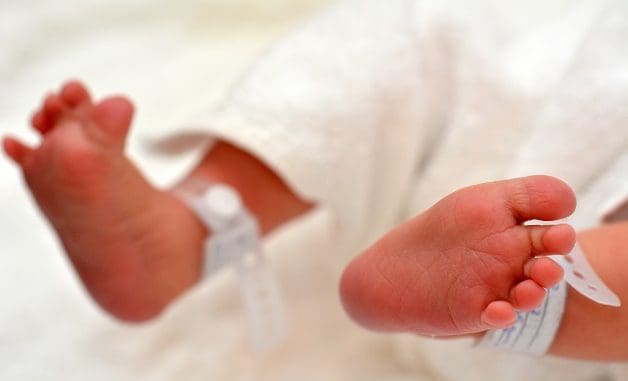
A report by the Health and Safety Investigation Branch (HSIB) into maternity services run by East Kent Hospitals Trust has been released.
The report says there are findings of recurrent patient safety risks at the Trust maternity sites at QEQM Margate and William Harvey Hospital in Ashford which are spread across four specific themes: interpretation of cardiotocograph (CTG) monitoring, neonatal resuscitation, recognition of deterioration, and escalation of concerns.
In January 2020 the HSIB was asked by the Department of Health and Social Care to provide a summary report of all the investigations it had undertaken, up to that point, with East Kent Hospitals University NHS Foundation Trust (EKHUFT).
This was due to the rising concerns around the care provided by EKHUFT’s maternity services at William Harvey Hospital in Ashford and the Queen Elizabeth the Queen Mother Hospital in Margate.
The HSIB summary report highlights that from July 2018 to January 2020 HSIB commenced 24 investigations with East Kent, and from December 2018 engaged frequently with the Trust to present evidence of recurrent patient safety concerns in its maternity services.
Despite repeatedly raising these concerns with the Trust, HSIB investigators continued to see the same themes reoccurring and in August 2019, asked the Trust to self-refer themselves to their clinical commissioning group (CCG) and the Care Quality Commission (CQC).
The first referral from the Trust for a case which met the criteria for HSIB maternity investigations was received on 6 July 2018. Since then, HSIB has received 31 referrals from the Trust through to 31 January 2020. Seven cases have been rejected due to duplicate reporting by the trust (four cases); for not meeting the HSIB criteria upon review (one case); or for not having the consent of the family to investigate (two cases). At 31 January 2020, there were 24 cases that had progressed to an investigation, of which 16 investigations had been completed. Of the remaining eight cases still active, five investigations have reached draft final report stage and are being assessed through HSIB’s internal quality assurance process. The remaining three 3 investigations are underway.
Concerns raised
- The investigations identified concerns related to the unavailability of staff with suitable skills in reading and interpreting CTG results.
- Effective and timely neonatal resuscitation was an area of concern across many of the investigation reports. Specifically, the reports highlighted the physical environment as a barrier to effective and timely resuscitation. The location of resuscitation equipment added delay, risk and distress to critical situations and staff responsible for resuscitation were often under supported by appropriately skilled colleagues.
- Deterioration in the condition of mothers and babies had occurred in several cases because staff had not recognised the signs and symptoms that indicate deterioration.
- Processes and procedures for escalation were not consistently applied. Staff interviewed repeatedly conveyed a reluctance of midwifery staff to escalate concerns to obstetric and neonatal colleagues.
- Evidence of recurrent and unaddressed safety risks progressively emerged during investigations for the first 10 referred cases.
The report comes on the heels of a number of preventable baby deaths at QEQM and William Harvey hospitals, including that of one week old Harry Richford.
An independent review by NHS England is now being carried out into the maternity services at Trust sites and an independent clinical support team was also been parachuted in to oversee the care being delivered.
The HSIB report, dated for February was released yesterday (April 7). It acknowledge that the Trust has since responded to HSIB safety recommendations by making changes to maternity services.

